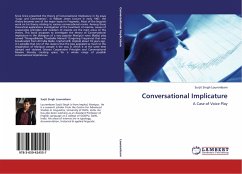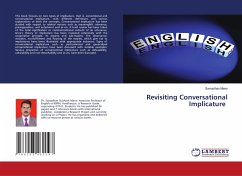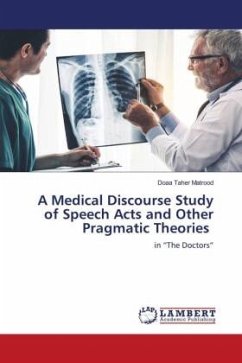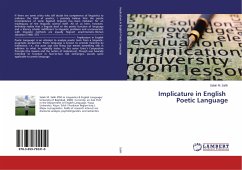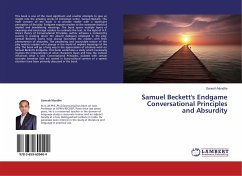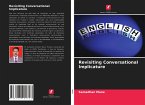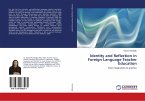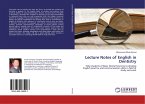Since Grice presented the theory of Conversational Implicature in his essay "Logic and Conversation", in William James Lecture in early 1967, the theory becomes one of the major topics in Pragmatic. Most of the linguists work on his theory relating to various conversational norms. Among these theoretical applications investigation of the treatment of maxims, causes of cooperative principles and violation of maxims are the main areas of this theory. This book proposes to investigate the theory of Conversational Implicature in the dialogues of a very popular Manipuri voice (Radio) play named "Nongaallabasu Thaaballei Manam" (Lingering Fragrance) that was broadcasted from All India Radio, Imphal (AIR, Imphal) about 18 years ago. It is possible that one of the reasons that the play appealed so much to the imagination of Manipuri people is the way in which it at the same time obeyed and violated Gricean Cooperative Principles and Conversational Maxims thereby creating space for a whole range of possible conversational implicatures.

